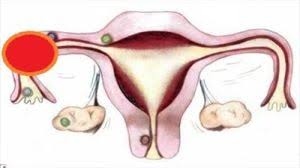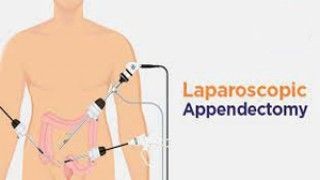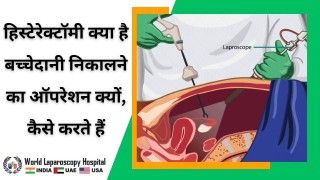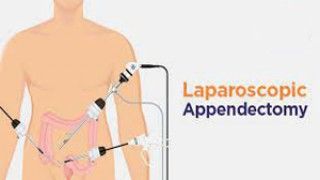Use of Interceed for adhesion prevention in laparoscopic surgery at World Laparoscopy Hospital
Add to
Share
202 views
Report
1 month ago
Description
Postoperative adhesions are one of the most common complications following abdominal and pelvic surgeries. They can lead to chronic pelvic pain, bowel obstruction, and infertility in women. Minimally invasive techniques, such as laparoscopic surgery, have significantly reduced adhesion formation compared to open surgery; however, the risk is not completely eliminated. At World Laparoscopy Hospital (WLH), advanced strategies are employed to further minimize adhesions, with Interceed, an oxidized regenerated cellulose (ORC) barrier, playing a pivotal role. What is Interceed? Interceed is a bioresorbable adhesion barrier designed to prevent the formation of postoperative adhesions. When applied to surgical sites, it acts as a temporary physical barrier, separating tissues during the critical healing period. Over time, Interceed is completely absorbed by the body, leaving no foreign material behind. Application in Laparoscopic Surgery During laparoscopic procedures, especially in gynecologic and abdominal surgeries such as hysterectomy, myomectomy, or adhesiolysis, Interceed is placed over areas at high risk for adhesion formation. Its use is particularly beneficial in surgeries involving the pelvic peritoneum, bowel, or uterine surfaces. Advantages of Using Interceed at WLH Reduction in Postoperative Adhesions: Clinical experience at WLH demonstrates a significant reduction in adhesion formation when Interceed is used appropriately. Improved Fertility Outcomes: For patients undergoing fertility-preserving procedures, Interceed helps maintain normal pelvic anatomy, reducing complications related to adhesions. Compatibility with Minimally Invasive Techniques: Interceed is easy to handle in laparoscopic surgery and can be applied precisely to affected areas without interfering with the surgical workflow. Safety and Resorption: The material is completely resorbable and does not provoke inflammatory reactions, ensuring patient safety. Clinical Experience at World Laparoscopy Hospital At WLH, Dr. R.K. Mishra and the surgical team have extensive experience in using Interceed during complex laparoscopic procedures. Their systematic approach emphasizes meticulous tissue handling, minimizing trauma, and strategic placement of adhesion barriers. Patients undergoing laparoscopic surgery at WLH have reported reduced postoperative pain, faster recovery, and lower incidence of adhesion-related complications. Conclusion The use of Interceed as an adhesion prevention strategy in laparoscopic surgery represents a crucial advancement in enhancing patient outcomes. At World Laparoscopy Hospital, combining expert surgical technique with modern adhesion barriers ensures optimal results, reduced complications, and improved quality of life for patients.
Similar Videos





